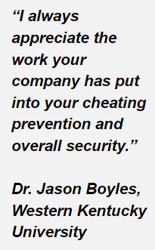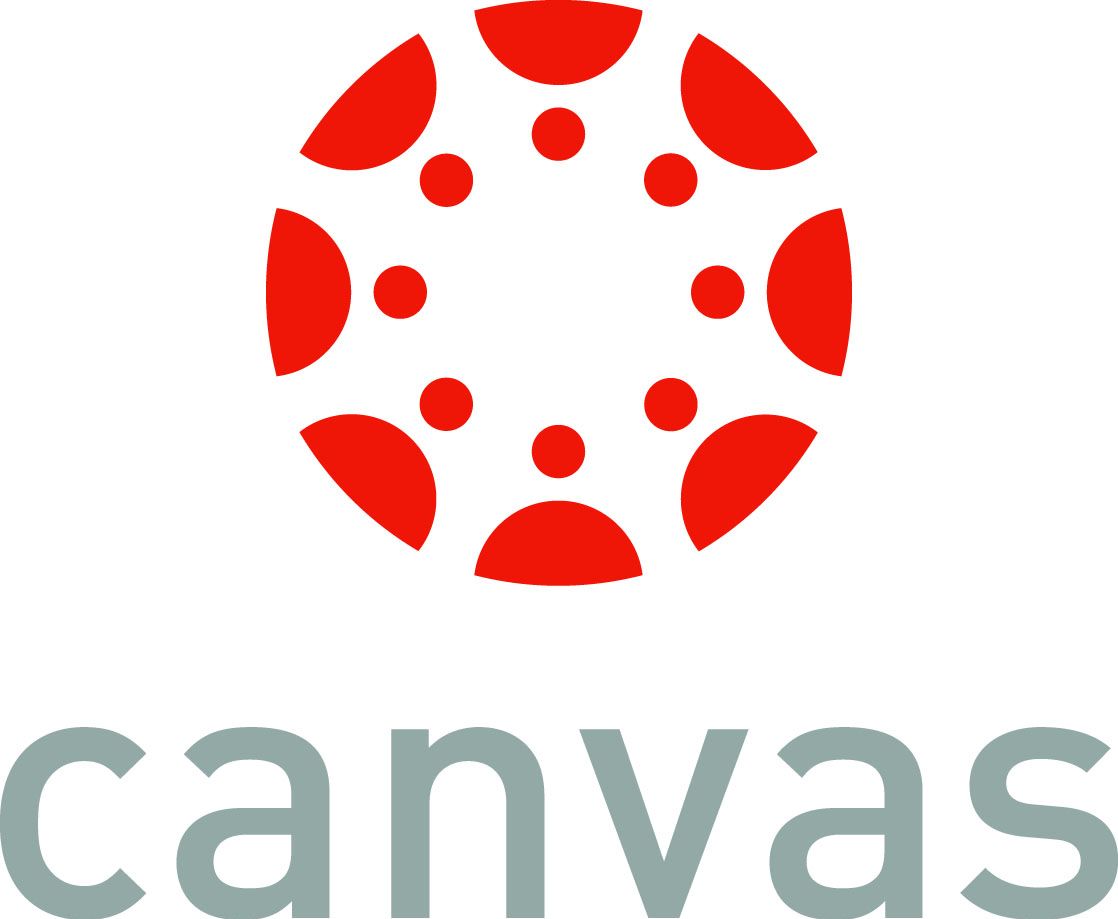Online Exams, Academic Integrity, and Covid-19

As schools moved to an online-only mode of instruction, many professors were forced to adjust to the new circumstances. Covid-19 pushed instructors to do remote testing and the absence of an in-class proctored environment caused everyone to rethink how they administer exams.
This blog series will highlight security concerns instructors should have and measures they can implement to safeguard the integrity of online homework and exams. We are happy to share some recommendations based on the best practices that we have learned.We know that one of the biggest sources of frustration for instructors right now is how to prevent students from posting problems to be solved on answer-sharing websites like Chegg. In the first installment of this series we wanted to offer some practical tactics that you can use to address these challenges.
The Problem

Many instructors don’t realize how Chegg is being used. Students take a screenshot of a problem and upload the image to Chegg to be solved. A proposed solution is normally posted within 15 minutes of the original upload. As such, this is a viable mechanism for students to cheat, even on a timed assessment.
Recommended Measures
1) Monitor Your Exam Questions
First and foremost, you should create a student account in Chegg. This will allow you to search for your exam problems and find any instances of students posting them to be solved. You can also do a standard Google search for wider results.
2) Establish Tracking Mechanisms
By implementing the measures below, you will have the opportunity to identify those who aren’t following your academic integrity guidelines. Consider incorporating,
- Watermarks: Information specific to each student printed on each exam
- Random Values: If only one student has a specific set of numbers, their posting to Chegg can lead you back to them directly
- Random Phrases: Small differences in wording can also be sued to identify who posted their problem
- Different Versions of an Exam: Offer additional variations beyond random phrases and variables
How to Implement Tracking
Most LMS systems allow for the distribution of individual files to each student. It's a little more work to upload one document per student, but worth it on a high-stakes assignment like a final exam. Microsoft Word’s Mail Merge can be used to both put in specific watermarks/tracking-ids for each student, and can also allow for random values and phrases. In your exam “template” you simply put placeholders for the fields that you want to vary, and create an accompanying Excel spreadsheet that has the values for each student.
Within Expert TA
All of the recommended tracking measures are automated
3) Tell Students about the "Tracking Measures" for an Effective Deterrent
Go ahead and tell your students about the tracking measures described above. If you don’t include details, students are likely to view any statements you make about “catching them” as an empty threat. If you do include this in your messaging there isn’t much they can do about it, especially in a timed setting like that of an exam.
The student’s specific numbers and phrases are required for a Chegg “tutor” to solve the problem. As such, the student must include that information in their post. However, those details can lead back to the student. This puts them in an interesting and uncomfortable “Catch 22”.
4) Enforce Consequences for Violators
This is the most critical role of the instructor in the academic integrity process. The steps above helped you to both deter some students from cheating and then identify others who decided to break the rules. When you identify violators, it is important to administer harsh penalties. As Mccabe, et al. recommends, "... send a consistent message to [your] students that academic integrity is expected and that cheating will result in negative consequences, and more than just a slap on the wrist."1
If there are consequences for those who chose the wrong path, word will spread and the process will be respected more. If there are no consequences, word will spread and other students will violate the rules.
What's Next?
In addition to random variables, random phrases, and question pools to allow for different versions of an exam, Expert TA has compelling digital tracking mechanisms that have led to the identification of problems posted by students to Chegg. These measures are less visible within the problem statement and thus more difficult for the student to mask. These deterrents and tracking mechanisms were implemented via Expert TA for semester exams and final exams at West Point, University of Connecticut, Western Kentucky, Texas Tech, and others. In the next installments to this blog series, we will look at cases at specific schools where these strategies were implemented, and talk more about the suite of academic integrity tools that we have built into the Expert TA system.
1* - Cheating in Academic Institutions: A Decade of Research - Donald L. Mccabe, et al.


